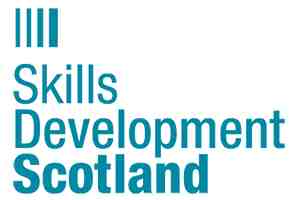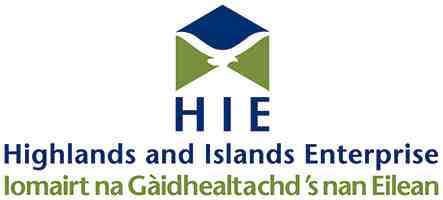

There is now a strong emerging consensus internationally on the potential for synergy between (1) agile and high performing businesses/organisations; (2) high quality, inclusive and fairly rewarded work (3) effective, efficient and prosperous societies. This concept of a virtuous circle connecting individual, business and societal aspiration and achievements has become more prominent in policy and public debate (part of this debate has been captured most recently in the in the OECD’s Focus on Inequality and Growth, 2014). This recognition stands in sharp contrast to models of economic development that result in increasingly polarised labour markets, economies and societies with all of the social and economic problems these generate. In the context of Scotland’s and the UK’s longstanding productivity lag relative to G7 competitors, high quality, fair and inclusive work is not simply a by-product of economic success - it is the key ingredient of a successful economy and society.
There is also a growing consensus across EU states on the need to connect agendas around productivity and fairer and better work under a drive for workplace innovation. For the European Commission – and the IWs project – this means “a reflexive process, grounded in continuing reflection, learning and involving employees and managers at all levels”. The IWs pilot found that this vision of workplace innovation is deliverable in organisations that understand the mutually-reinforcing relationship between fairness, innovation and productivity in the workplace.
The IWs pilot has been a collaboration (across research, policy and practitioner communities) to support collaboration in Scotland’s workplaces. There is a strong appetite, particularly across the research community, key public agencies and government, for further work in this area, an appetite that aligns closely with SG’s focus on sustainable growth, innovation and tackling inequality in the current Programme for Government and Scotland’s Economic Strategy, and in particular on the crucial role of fair work in achieving each of these objectives.
Crucial to this project proposal is the need for two forms of leveraging: first, to leverage more from existing activities around workplace innovation in Scotland and, second, to leverage additional expertise and financial resources to support workplace innovation. Turning to the first form of leveraging, there are very small pockets of activity relevant to workplace innovation taking place in Scotland through the activities of specific companies, researchers, SG, SDS, SE, HIE, SFC, in some councils and some parts of the NHS and wider public sector. However, these disparate activities are both limited in scale and draw on a variety of approaches, multiple methodologies and (limited) forms of evaluation. Consequently, there is little in the way of effective cross-learning – for example, between private, public and third sector organisations.
This situation makes it impossible to derive full benefit from the pockets of investment made in supporting workplace innovation, which is a particular limitation in the context of resource scarcity in many organisations and agencies. Creating an effective vehicle to harness the best from the limited resources that can be devoted by each of these players in supporting workplace innovation is crucial to driving the workplace innovation agenda forward in Scotland. Central to the IWs/FITwork initiative is learning from ‘what works’ to create successful and sustainable innovation, learning from differences and encouraging transferrable learning in context through extreme collaboration and knowledge sharing. The project proposed here would continue to practice what it preaches – making the best of existing resources to address economic, organisational, social and individual challenges that impact on prosperity and quality of life.
The research team includes Findlay, Lindsay, McQuarrie and Pascoe-Deslauriers, from Scottish Centre for Employment Research, Chalmers from the Hunter Centre for Entrepreneurship at University of Strathclyde and Findlay and Smart from University of Glasgow.




